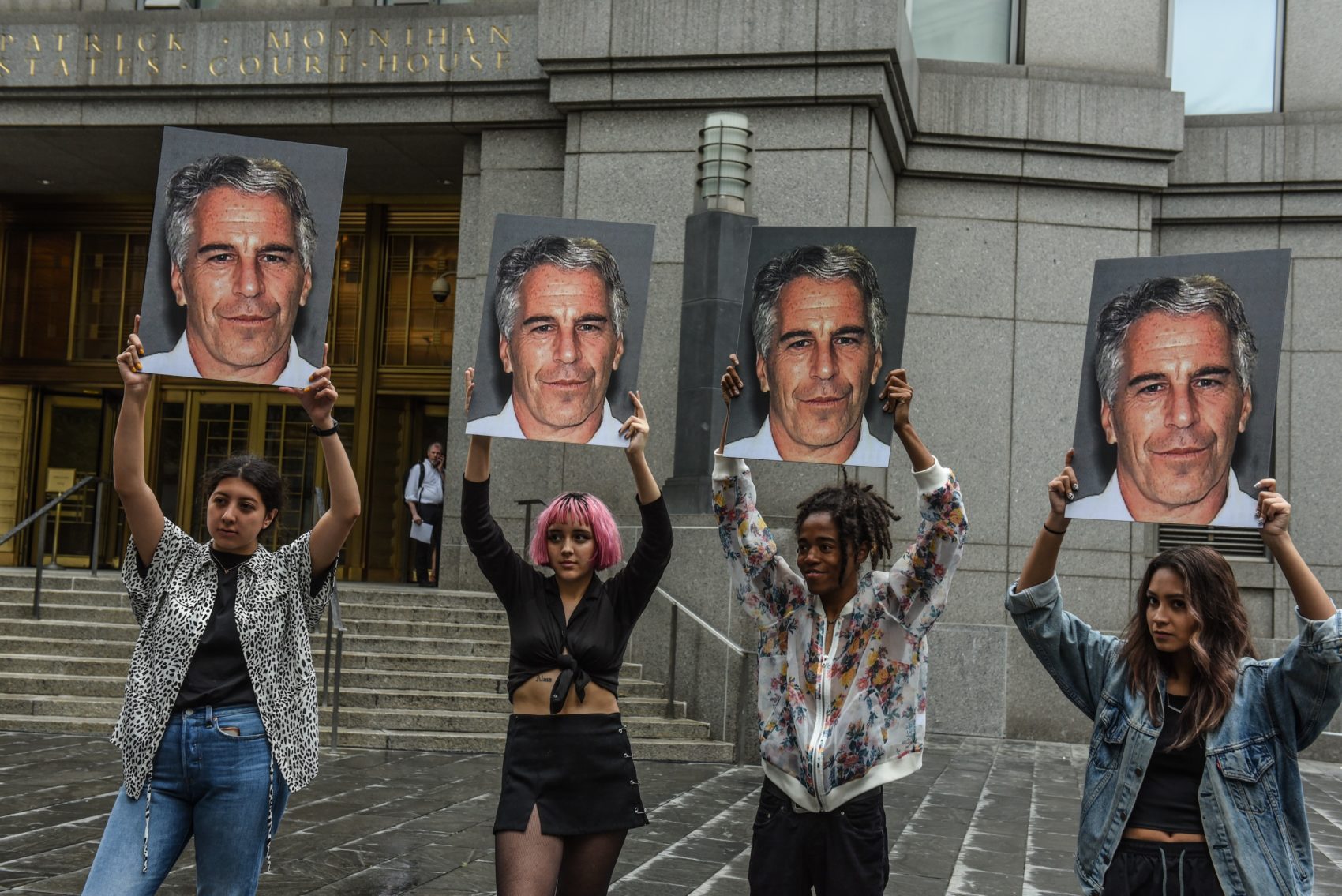Jeffrey Epstein, An Ironic Catalyst For Jail Reform
Spotlights like this one provide original commentary and analysis on pressing criminal justice issues of the day. You can read them each day in our newsletter, The Daily Appeal. When Jeffrey Epstein died in a federal jail, the attorney general was, as he tells it, “appalled” and “frankly angry to learn of the MCC’s failure to adequately […]

|
| When Jeffrey Epstein died in a federal jail, the attorney general was, as he tells it, “appalled” and “frankly angry to learn of the MCC’s failure to adequately secure this prisoner.” In prepared remarks to a police union meeting, he said, “We are now learning of serious irregularities at this facility that are deeply concerning and that demand a thorough investigation. The FBI and the Office of Inspector General are already doing just that. We will get to the bottom of what happened at the MCC and we will hold people accountable for this failure.”
Those are surprising words from William Barr, the man who oversees the Federal Bureau of Prisons and might reasonably be expected to both know and care what happens inside of those facilities. If he did, Epstein’s death would not shock him. He made no such statement, for example, when, last winter, during one of the coldest months in the city’s history, Brooklyn’s federal jail lost power and heat, leaving people in the cold and dark. At that time, “officials there downplayed the situation and outright hid the extreme problems with temperatures, lack of medical care and unsanitary conditions until The New York Times broke the story,” David Patton, executive director of the Federal Defenders of New York, wrote in an opinion piece this week. “Only when images were etched in the public eye of inmates tapping the thick glass as a cry for help was remedial action taken.” Patton notes that many of his clients who were initially held on state charges at Rikers Island and then brought to federal jails in New York “have asked me if they can return to Rikers, notorious for its terrible environment, because of the appalling federal jail conditions.” Barr’s ignorance of the “serious irregularities” is not the only part of his statement that should raise eyebrows. His desire for “a thorough investigation” and “accountability” rings hollow, given that Herman Quay, the warden who tried to cover up the Brooklyn heat and electricity scandal, was not punished: He was given a promotion. So if Barr’s surprise and outrage was feigned, what actually motivated his response? On one level, it’s likely that Barr feels implicated, and is trying to defend himself. People are angry and confused, and he has to respond forcefully. But what are they angry about? It’s not that they see Epstein’s death as a travesty because the system failed him, but rather because they lost the chance to make him suffer. Barr shares this view. In his remarks, he told us the main driver of this indignation: vengeance. Barr said, “Let me assure you that this case will continue on against anyone who was complicit with Epstein. Any co-conspirators should not rest easy. The victims deserve justice, and we will ensure they get it.” To Barr, justice for victims means inflicting harm, almost without regard to target. The issue was maybe put best by Malik, a prisoner who called Brian Lehrer’s WNYC show from Rikers Island: “Why did it take Jeff Epstein to die for them to look into some of these issues that have been plaguing the jails for years?” Our attorney general and others suddenly care about the rampant negligence,indifference, and outright cruelty in our jails for the first time, now that a powerful and despised man has been allowed to take what many see as “the easy way out.” In our society, it’s Epstein’s death—the promise of conspiracy, the unsatisfied hunger for vengeance—that prompts scrutiny, not the scourge of jail deaths, two of which happen, on average, every day in this country. It is ironic, and also very American, that our impulse to punish is what has finally ignited outrage over negligence inside our jails. |
